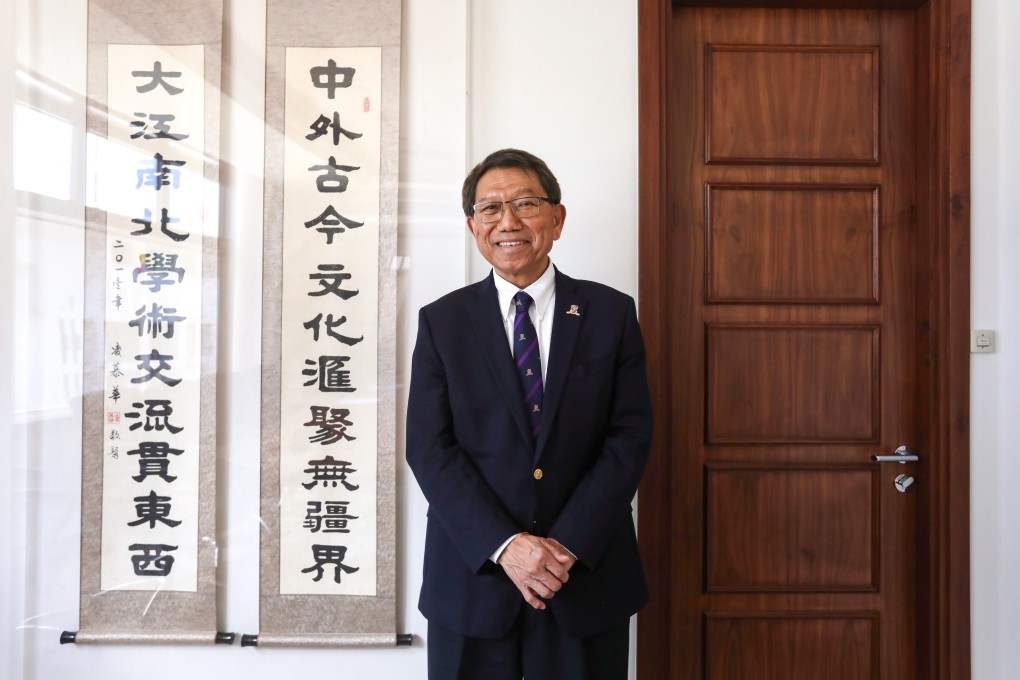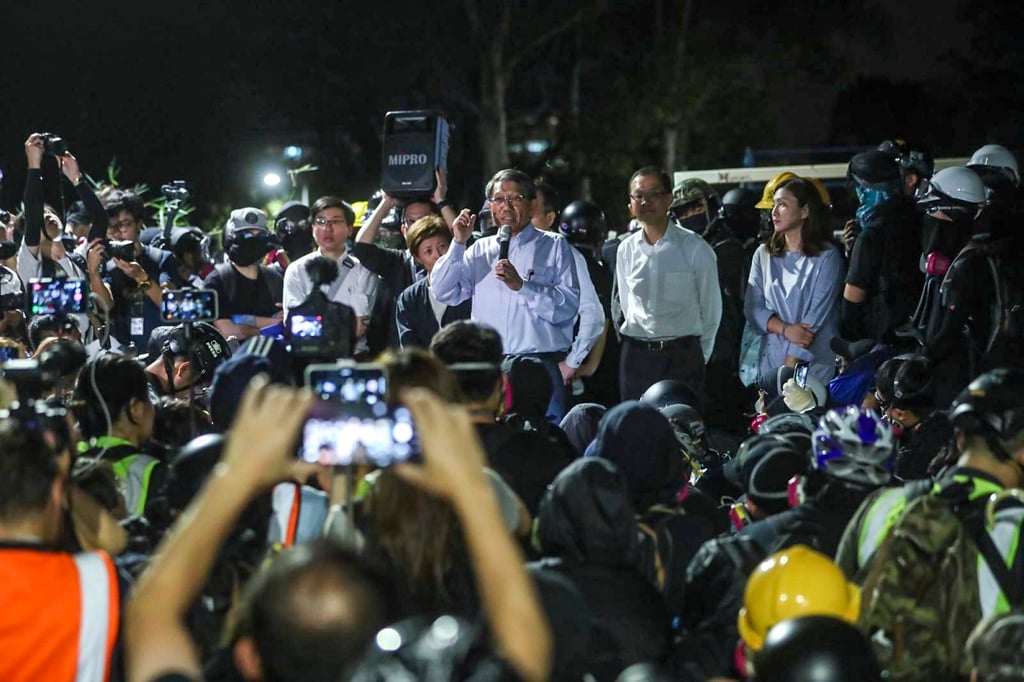‘Lukewarm attitude’, naivete and ‘embarrassing’ moves: insiders weigh in on Rocky Tuan’s exit as Chinese University of Hong Kong head
- Rocky Tuan’s decision to step down, while sudden, does not surprise some insiders, who say his unwillingness to engage stakeholders undercut support for him
- ‘He put himself in a difficult situation if he declined to communicate,’ council member says. ‘Others felt so embarrassed when he was absent from every [Legco] meeting.’

The departure of Rocky Tuan Sung-chi as head of one of Hong Kong’s most prominent universities although sudden was unavoidable due to his strained relationship with stakeholders caused by a lack of communication and the academic’s political naivete, sources sitting on the governing council and familiar with his leadership style have told the Post.
A source who worked with the president and vice-chancellor said the scholar did not fully understand how to skilfully handle political matters and so sought to stay out of the spotlight most of the time.

Neither was he cooperative with the new council, taking a stand-offish attitude that stood in stark contrast with his sociability at academic conferences, the insider said.
“He did not realise that those political matters became more complicated when a vice-chancellor took a lukewarm attitude to council members,” the insider said. “I guess he realised it was time for him to step down. He might now want to return to his academic circle and focus back on his research.”
“Tuan performed as usual in the recent council meetings, and did not say he will resign,” a council member, who requested to remain anonymous, said. “He told us how the university has performed well and we were all very happy to hear that.”
